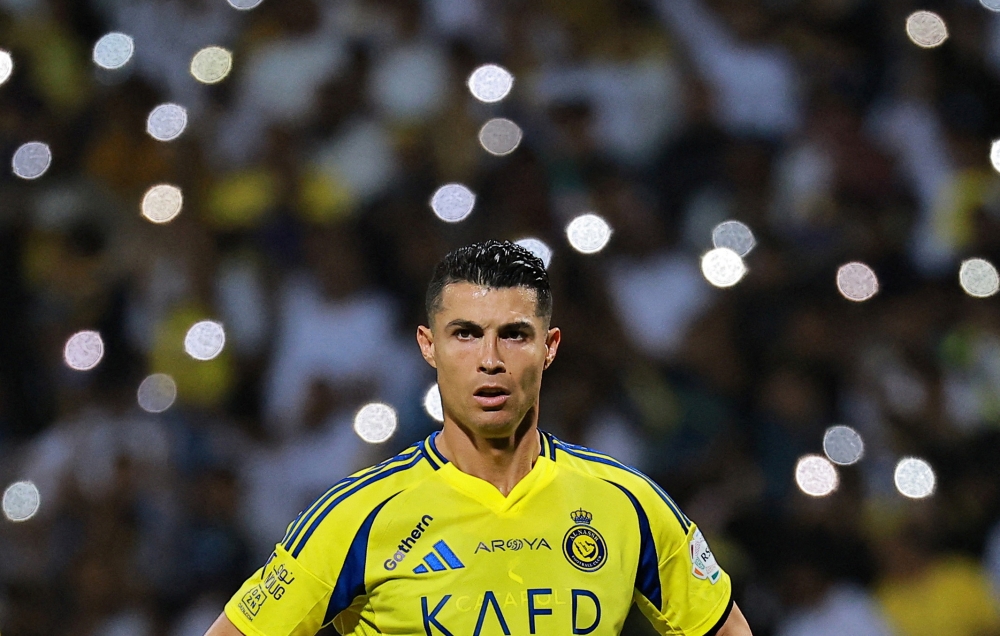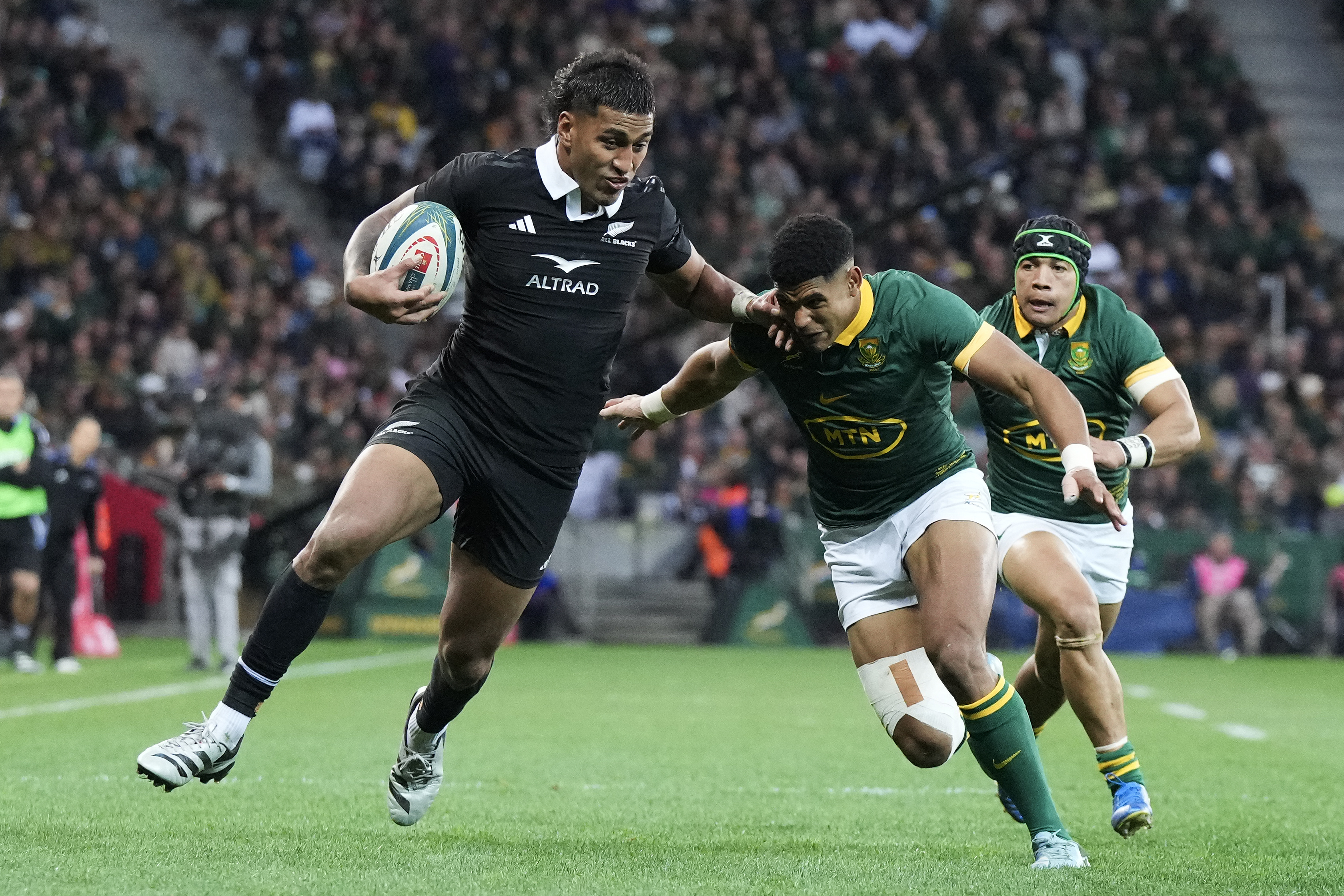Sir Jim Ratcliffe's decision-making at Man United labelled as 'shoot your head stuff' by former Rangers owner who came close to buying the Old Trafford club

Ratcliffe has been criticised for sweeping cost-cutting measures at Old TraffordThe British steel magnate who owned Glasgow Rangers in a period when they won 35 trophies and once came close to buying Manchester United, has described Sir Jim Ratcliffe’s decision-making at Old Trafford as ‘shoot your-head stuff.’Sir David Murray, who was so close to owing half of United and installing Graeme Souness as a successor to Sir Alex Ferguson in 1989 that he was even negotiating the former Liverpool captain’s contract there, told Mail Sport that the club had become ‘dysfunctional.’Referencing one of the most outlandish of the many eye-watering salaries being paid at Old Trafford, Murray said: ‘Without being disrespectful, whatever United are doing now is dysfunctional. The guy Ratcliffe has come in… and how anyone can pay Casemiro the money [he gets] and take food off the staff and get rid of the backroom staff. That’s shoot-your-head stuff. Why would anybody do that?’Ratcliffe’s cost-cutting measures at Manchester United have included the closure of the staff canteen and replacing free lunches with complimentary fruit. He has stood by this decision, insisting: ‘No-one ever gave me free lunches.’ Casemiro, meanwhile, has commanded a wage of £370,000 a week.Referencing Ratcliffe’s ownership of the Scottish Grangemouth refinery, which the United co-owner has claimed is financially unviable, Murray said of United: ‘This is not a gasoline terminal. This isn’t Grangemouth. It’s a business thing‘The boy Ratcliffe has put his money in for a third [of United] and though I don’t want to be criticising him, he’s got to watch he doesn’t rip the heart and soul out of the club. Because that’s what’s made Manchester United, like it’s made Rangers. It’s the people.’Sir David Murray says Sir Jim Ratcliffe’s decision-making at United is ‘shoot your-head stuff'Ratcliffe has been criticised for cost-cutting measures that have shaken many at Old TraffordMurray hit out at the exorbitant wages still being paid to the likes of Casemiro amid huge lay-offs and reductions in employee benefitsMurray recognised that the demise of Rangers after his disastrous sale of the club to businessman Craig Whyte in 2011 also impacted on ordinary employees at Ibrox. ‘One of my big regrets about what has happened at Rangers - and I’ve apologised – is the impact on the hardworking people who’ve worked at the club,’ he said. ‘It’s the bond that I have with those people here to this day.’Murray’s agreement to buy half of United from the club’s chairman Martin Edwards in 1989 came after maverick business Michael Knighton asked him to go halves on the £10million needed. Murray was confident, even asking his marketing team to produce a 12-point ‘merger plan’ outlining ‘exactly where United and Rangers could jointly benefit.’The plan, published in Murray’s new autobiography, Mettle, proposed joint United/Rangers pitches for ‘advertisers’, reducing administration costs by ‘merging accounting and banking facilities’ and ‘improving players’ perks’ by striking joint club deals for cars and other products.‘While the formation of a power base could not be the main objective of any merger, it is an inescapable fact that a unified voice presented by Manchester United and Rangers would be a powerful one at home and in Europe,’ the report also states.Murray was asked to help raise collateral for his Knighton against his co-investor’s properties – which included a castle in Scotland. But the valuation process established that they were not worth the £5million he was trying to raise.Rangers’ owner then went it alone and was ready to become a co-owner at Old Trafford. The deal was scotched because the Scottish Football Association ruled out joint cross-border ownership of multiple clubs.













